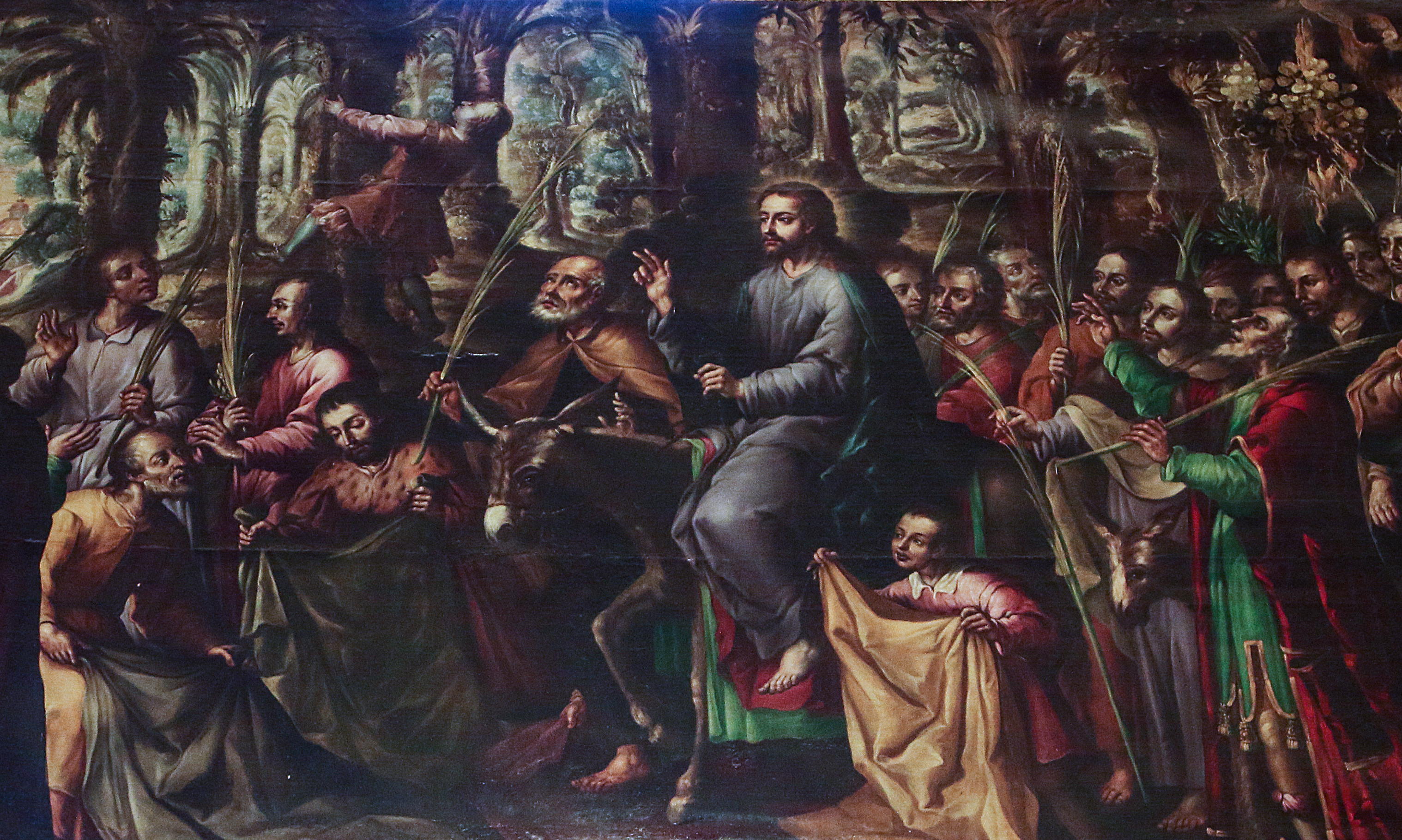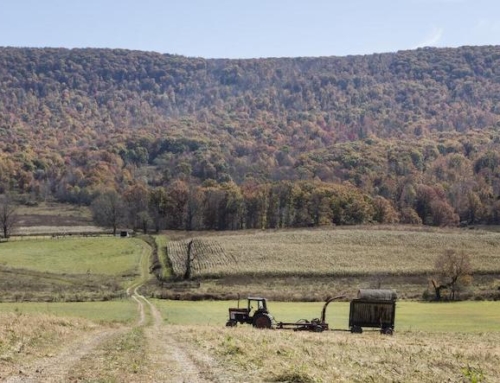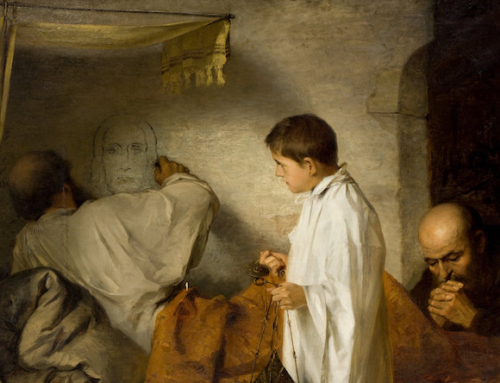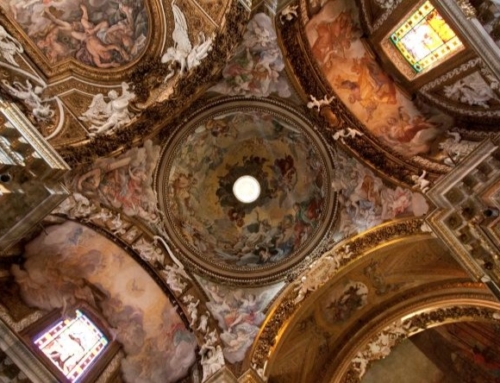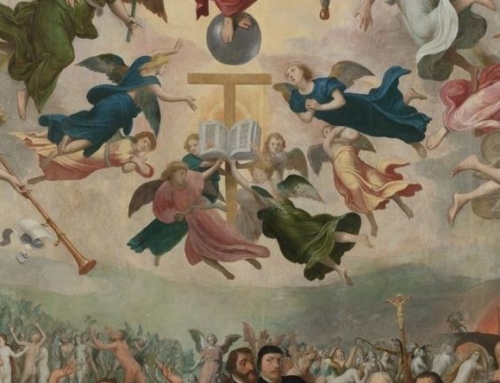When Jesus began to preach, he spoke of the kingdom of God. Faithful Jews had long anticipated the restoration of David’s kingdom; they hoped that the Messiah would cast off Roman rule and reunite all the tribes of Israel under one king. Jesus, heir of David, did restore the kingdom, but he did not rule an earthly empire. He brought about something much greater, and he devoted much of his preaching to explaining the kingdom.
Jesus preached that his kingdom is “not of this world” (Jn 18:36), yet “near to you” (Lk 10:9). He preached a kingdom marked not by borders but obedience to the commandments—a kingdom belonging not to the wealthy man or the conqueror but to “the poor in spirit” (Mt 5:3) and those “persecuted for righteousness’ sake” (Mt 5:10).
Jesus points to the child as the model citizen of this kingdom: “Whoever humbles himself like this child, he is the greatest in the Kingdom of Heaven” (Mt 18:4). The sons and daughters of this kingdom never think they are self-sufficient or have no more to learn. They know their dependence upon the Father and receive his word with docility and wonder. Indeed, they let themselves be like feeble infants before the Father, for “unless one is born of water and the spirit, he cannot enter the kingdom of God” (Jn 3:5).
Many of those who find a home in this kingdom are rejected by others. In the parable of the workers in the vineyard, Jesus describes how all are called to the kingdom, despite their weaknesses. Well into the afternoon, when the kingdom’s householder looks for men to work in his vineyard, he goes out to old and weak men who thought themselves useless, men whom “no one has hired” (Mt 20:7). They work for an hour and he gives them a full day’s wage.
The king of this kingdom arrived in his capital not on a warhorse but on a donkey. The people did not greet him with imperial banners but with palms and garments. Men did not crown him with gold or silver but with thorns. He carried a reed for his scepter, and he took the cross for his throne.
This kingdom is not a utopia in this age. In its fields, wicked weeds grow next to holy wheat, the true sons of the kingdom. The assembly of believers will always have hypocrites and other unsavory characters, and the Lord will only separate them at the time of the harvest, the day of divine judgment.
In every respect, the kingdom of God upends worldly pomp and respectability. If we expect anything else, we will only be disappointed. Instead, we ask that the Father may conform us with its ways in the Our Father when we pray, “thy kingdom come.” “When we cry,” in that prayer, “‘Abba! Father!’ it is the Spirit himself bearing witness with our spirit that we are children of God, and if children, then heirs, heirs of God and fellow heirs with Christ, provided we suffer with him in order that we may also be glorified with him” (Rom 8:15–17). Everything Jesus preaches about the kingdom suggests that we should not live beholden to the anxieties and priorities of the world; his preaching points to heaven. The glory of the kingdom of God is no earthly glory, but it will shine even after the earth ceases to be. Jesus preached that glory and he invites us to that glory in his kingdom.
✠
Photo by Fr. Lawrence Lew, O.P. (used with permission)

